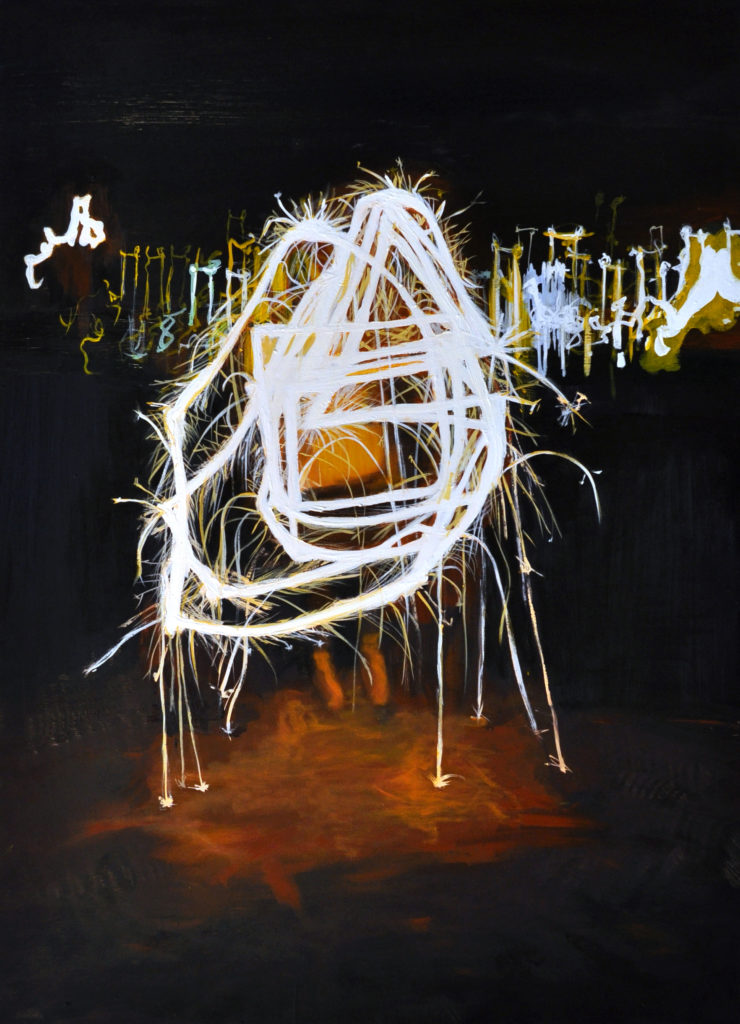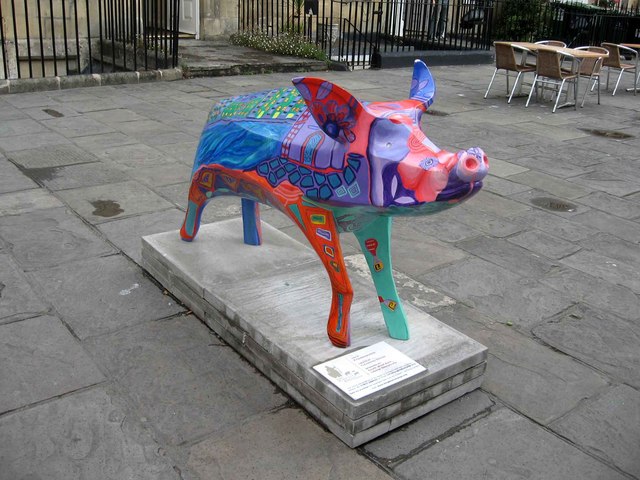Q&A with Michelle Porter
BY NQ
October 2019
You write both poetry and creative non-fiction. What are the challenges and rewards of each genre? I always tell people that poetry and non-fiction have the same root. For most writers, poetry springs up in response to real life events. Poetry is non-fiction, distilled to its core. Poetry allows me to say only what I mean and nothing else.
Poetry doesn’t even need context to spread its wings. In fact, the air of uncertainty, of ambiguity, or of not-knowing everything lifts a poem higher at times and allows the reader to enter the poem from wherever they are, or to leap into the poem. Nonfiction requires much more context and thrives on specificity.
Non-fiction often works best when the writer takes the reader by the hand and says, essentially: look at this. And this. Oh, and this. The reader almost never leaps into non-fiction and hardly ever flies, but instead wanders into and through a non-fiction piece.
Poetry wants the reader to feel more than anything else. Non-fiction wants the reader to experience. The best poetry stays in touch with its nonfiction relations. The best nonfiction remembers its poetic potential.
Writing non-fiction and poetry each require a different approach. Poetry asks for so much more of a retreat from the writer, demands the writer gets away from the world. Poetry asks the writer to look for the universe in him or herself. For me it requires time away from everything else. Non-fiction, on the other hand, ask the writer to be with the world and to report back and to share. I can write non-fiction while juggling a hundred other things, if need be. Poetry will not come forth into a busy world and demands that I make room for it.
What inspires a poem? How do you build one? I like to build poems from research. I love the poetry of CD Wright, for example, who wrote books of poems based on journalist-style interviews and poetry. But I also like to write talk-y poems, or poems that sound like one person talking to another, as well as the more slippery word-play poems. My mentors here are Katherena Vermette and Marilyn Dumont.
In my new book Inquiries poetry was built from places. I haven’t always built poems this way, from the ground up as it were. But starting with a place, an address, say, or a kitchen, gave me a place to sit in my memories and way to organize the images, emotions, and stories that are in the book.
I can be a wordy writer, so for me the essential discipline of poetry is to strip away all that is unnecessary. Building a poem is an act of self-inquiry, a piece of research. I don’t know what I really think or feel about a topic until I’ve worked it out in poetry. So when I sat down to write about places, urban Métis, urban poverty, and moving around, I didn’t know what would appear. A lot of poetry is about images, but I like poetry that is as much about story. So I let the stories lead the way.
How did this book come together? Inquiries is built around 16 linked poems about my mother’s kitchens. It began with one poem and expanded into 16 separate poems as I worked out what I was trying to say. The kitchen as place for Métis visiting, gathering, for storytelling, for eating, of course, for taking care of the men in our lives, and a place from which truths emerge.
The book as a whole though is a personal reconciliation. These are the stories I grew up with and these are the stories that shaped my mother’s life and my life: telling them is one small act of returning to my Métis roots and connecting to my relations. So I was also building poetry from a very serious purpose. But the book isn’t just about the past or about my mother’s or my childhood stories; it’s also about Newfoundland in the last ten years. A very important poem sequence deals with the impact of addiction and drugs in a local neighbourhood and a murder that took place in 2014. That part of the book in particular has really had a strong impact on people here in Newfoundland and Labrador.
I’m the pale, blonde daughter of a Métis woman and a red-headed Irish man who didn’t raise me and who I hardly saw, and whose family I never met. So I always connected to my Métis relations and yet, like so many Métis whose mixed roots mean they aren’t visible as what they are, I felt unseen and uncertain about who I was. This book of poetry is a way for me to be visible for who I am. This became more and more important to me as the manuscript developed. I asked Métis poet and novelist Katherena Vermette in Manitoba to be my mentor and working with her was incredible. She taught me to be more direct, to be true to the oral-history roots of the stories I wanted to tell, and to trust my voice.
What was your favourite book as a child? And today, what is the book you read over and over? And the book you are looking forward to reading next? The book I connected to most emotionally was Julie of the Wolves by Jean Craighead George. I found that book in a school library the year we lived in BC—and we moved before I could return it. I kept that book with me, that piece of that BC school I went to for month or so, wherever we moved to after. The story of a girl running away to live with the wolves represented my entire ambition in life at the time.
I read so much as a child so I can’t name just one favourite book. When I read non-fiction I loved true wartime and spy stories. When I read fiction, I favoured the fantastical and the metaphorical and so I couldn’t get enough of science fiction: Ray Bradbury and Madeleine L’Engle. I must have re-read Rudyard Kipling’s Just So Stories a thousand times.
We had books of Mother Goose rhymes and I read poetry in school, but the first book of poetry I owned and read over and over was a collection of poetry and photographs called When I Am An Old Woman, I Shall Wear Purple. So, not your typical reading for a child, I suppose. But old women and aging fascinated me. They’re less fascinating now that they’re much closer I must admit.
Do you have a writing routine? A writing routine! Ha! No, I don’t. Not really. My life is too full to have a predictable routine in place. But I do have an office now and I go there to get away from the busyness of kids and schedules and other work. So, no routine, but I dive into poetry anyway I can when the opportunity presents itself. I suppose I’m an opportunistic poet.
Michelle Porter is an award-winning journalist and poet. She is a citizen of the Métis Nation and member of the Manitoba Metis Federation, and has called Newfoundland and Labrador home for almost ten years now. Her nonfiction work has been published in journals, books, and newspapers across Canada. She is currently the non-fiction editor with Riddle Fence. In both 2016 and 2017, her work was longlisted for the CBC Poetry Prize and longlisted in 2019 for the nonfiction prize. She was named a winner for the 2018 Arts and Letters competition in the nonfiction category. She lives in St John’s. Her newest nonfiction essay, Fireweed, was published in the special Indigenous Voices issue of Grain literary magazine this year. Her poetry collection Inquiries was released by Breakwater Books in June.




